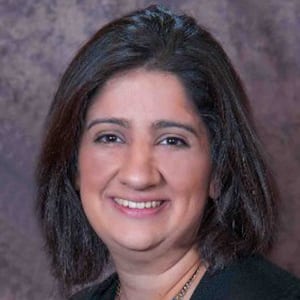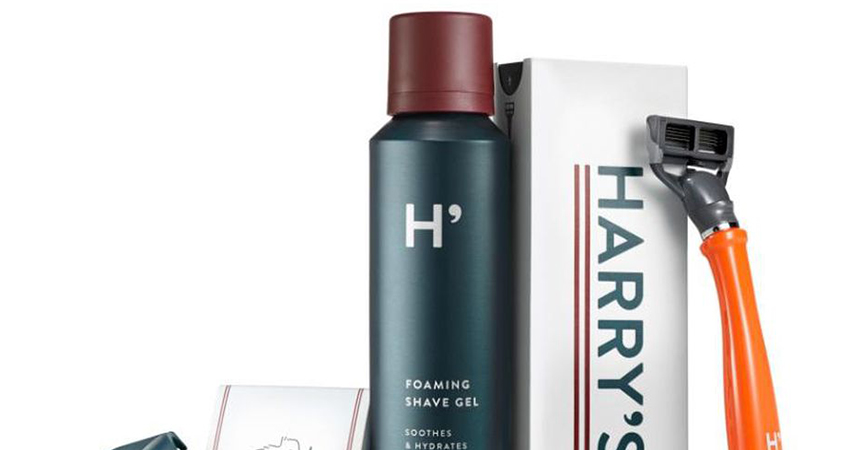Edgewell Personal Care, the parent company of Schick and Wilkinson razor brands, announced it would buy shaving startup Harry’s Inc., for $1.37 billion in stock and cash, according to CNBC.
Harry’s sells razors, shaving creams, lotions soaps and other grooming products. In similar fashion, Unilever purchased Dollar Shave Club for $1 billion in 2016.
“The acquisition of Harry’s, a direct-to-consumer shaving brand, signals a clear message to the rest of the industry: DTC brands are here to stay and they will be integral to the success of larger CPG brands that want to capture share of the ecommerce market,” said Patrick Tripp, vice president of product strategy at RedPoint Global.
Tripp said Harry’s has built consumer trust through its DTC model.
“These types of acquisitions reinforce the point that CPG brands of all types are trying to win over consumers who want to be personally recognized across channels and devices, receiving offers that are relevant in their moment of need,” he said.
Historically CPG companies have struggled selling direct. Forester Research found 82% of CPG brands said selling DTC improved customer relationships. The ability to create a direct, branded relationship with consumers and collect their data is what makes DTC brands enticing.
“Large CPG brands that want to survive and thrive will need to upend the existing engagement model, tapping into the established relationships DTC brands have built with customers,” said Tripp.
CNBC reported that Unilever, Proctor & Gamble and others have put more focus on men’s grooming in an effort to getting consumers to spend more on deodorants, skin creams and hair products.
Harry’s founders Andy Katz-Mayfield and Jeff Raider will join the executive team of Edgewell as co-presidents of the company’s U.S. operations.
Edgewell was spun out of Energizer Holdings in 2015, with Wilkinson as its oldest brand, according to The New York Times. It reported that combined Edgewell and Harry’s will remain a distant second to Proctor & Gamble’s Gillette brand, with 47.3% of the American market as of 2018. Edgewell’s top brands held 13.6% of the market, while Harry’s had 2.6%.
“We’ve had an interesting product portfolio, but we’ve lacked a way to communicate with the consumer,” Edgewell CEO Rod Little told The Times.

